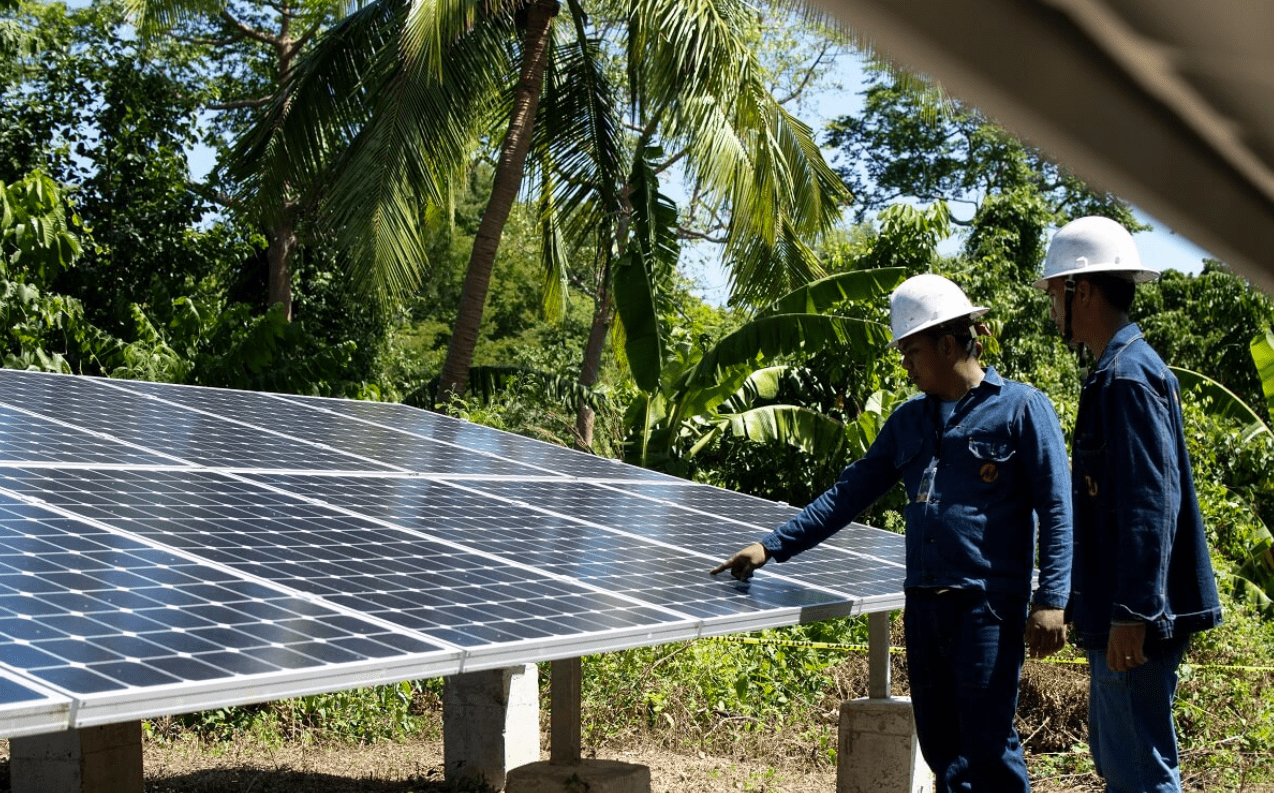
Industry Spotlight — Sustainability Measures for the Energy and Power Sector
Meta Description: Explore how the Philippine energy and power sector can achieve sustainability through emissions reduction, renewable energy transition, and supply chain governance. Learn how ESG reporting and assurance drive accountability and net-zero alignment.
Published on October 30, 2025
The Energy Transition Imperative
The energy and power sector sits at the heart of the global sustainability movement. In the Philippines, where energy demand continues to rise alongside climate risks, the call for sustainable energy systems has never been louder. Companies are now expected not only to deliver reliable power but to do so in a way that supports net-zero targets and climate resilience.
As investors, regulators, and communities push for accountability, sustainability reporting has become essential to how energy firms communicate progress on their environmental, social, and governance (ESG) performance.
Want to see where your current sustainability reporting stands? Book a discovery call with GCSS, Inc. and get tailored insights for your energy or power business.
ESG Priorities for the Energy and Power Sector
- Decarbonization and Emission Reduction
The road to net zero begins with understanding your baseline emissions. Power producers are expected to disclose both direct (Scope 1) and indirect (Scope 2) emissions under frameworks like IFRS S2 and TCFD, while setting science-based targets for reduction. - Renewable Energy Transition
The shift toward solar, wind, and hydro projects reflects growing investor preference for low-carbon portfolios. Sustainability reporting allows companies to demonstrate how their transition plans align with nationally determined contributions (NDCs) and global climate commitments. - Supply Chain Governance
Beyond energy generation, companies are scrutinized for how they source fuel, materials, and technology. Responsible procurement practices—such as ethical sourcing and fair labor—are becoming integral to ESG assurance. - Climate Risk Management
With typhoons and heatwaves affecting operations, TCFD-aligned reporting enables companies to identify, disclose, and mitigate physical and transition risks tied to climate change.
Sustainability Assurance: Building Investor Trust
In the energy sector, data credibility is key. Independent sustainability assurance validates ESG disclosures, increasing investor and stakeholder confidence. It assures that emission data, renewable investments, and governance practices are not just aspirational, but verifiable.
Ready to strengthen your ESG disclosures?
See how GCSS, Inc. helps power companies align with net-zero and ESG reporting standards.
Future-Proofing the Energy Sector
Sustainability is no longer an afterthought—it’s a business imperative for resilience, financing, and reputation. Energy and power companies that adopt robust ESG reporting frameworks today will secure stronger investor relationships and long-term growth.
Reach out at sales@gcssinc.com to begin your IFRS- and TCFD-aligned ESG journey. Book your discovery call here and talk to our experts today.
Follow GCSS, Inc. on LinkedIn and Facebook for the latest ESG trends, reporting best practices, and sustainability insights.
Subscribe to our newsletter for expert insights, practical frameworks, and trend analyses delivered weekly. For business leaders and executives, join the discussion and conversation here.

Quick Links
Our Programs
© 2025 GCSS - Gaia Corporate Sustainability Solutions Inc..
